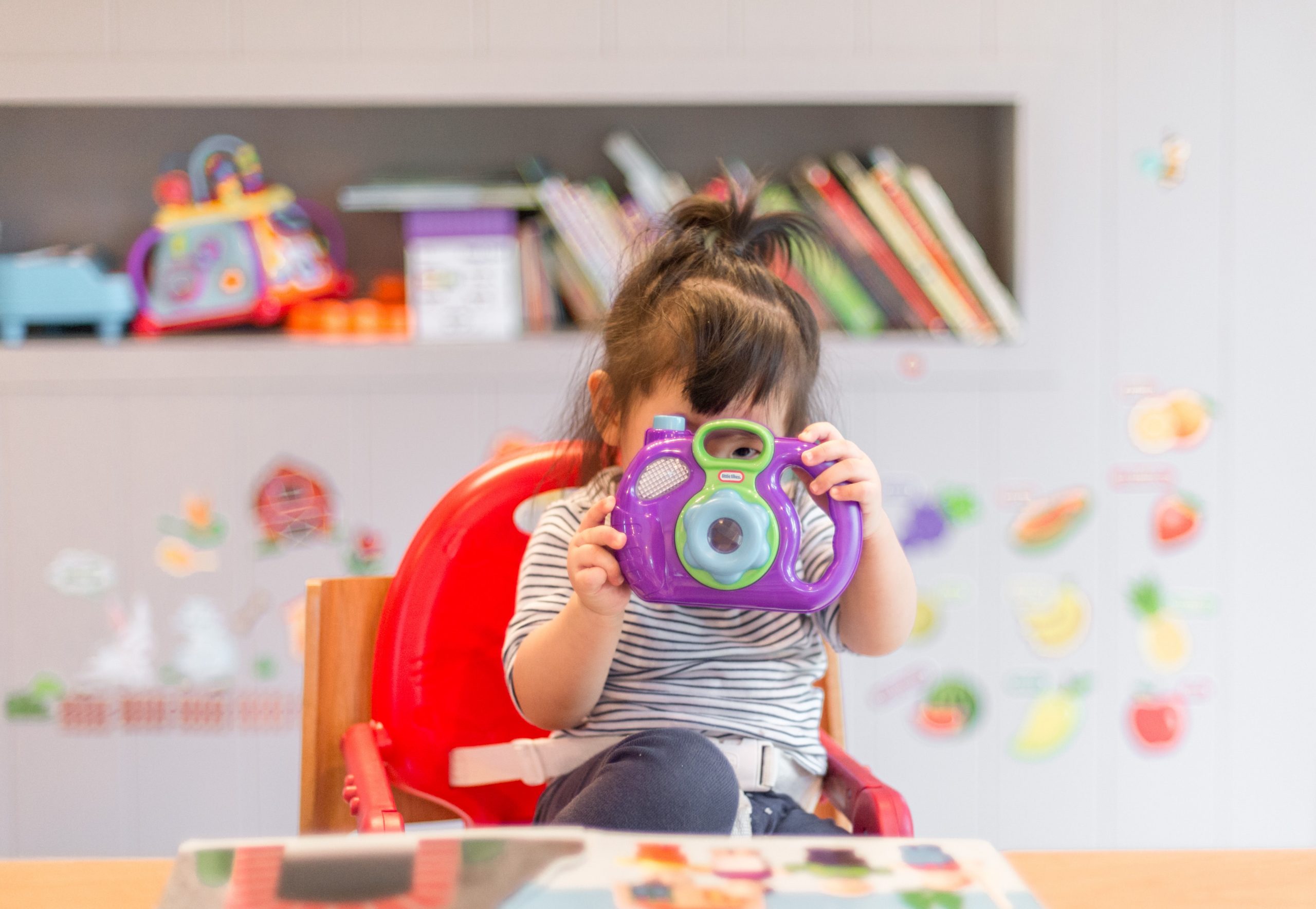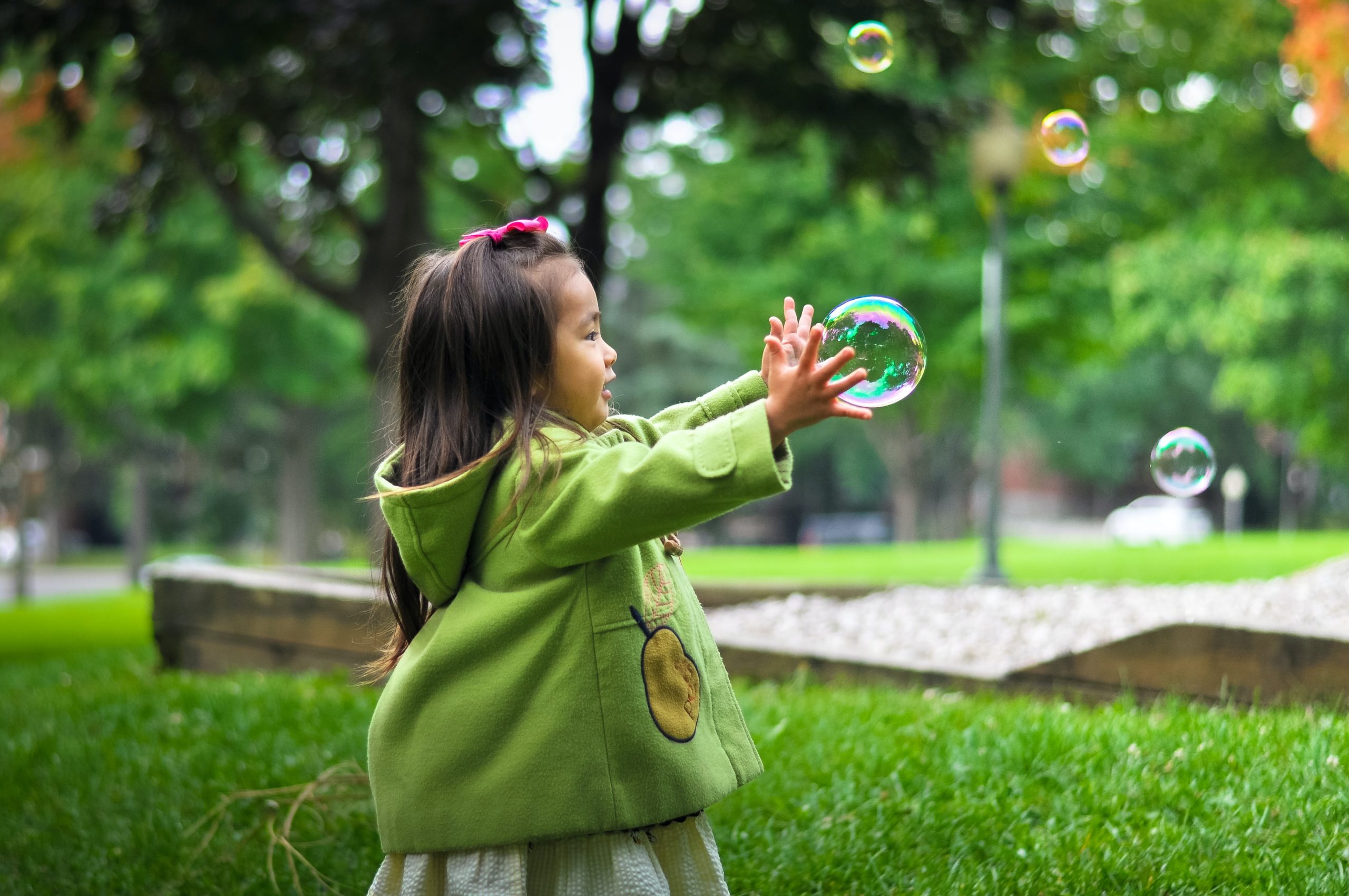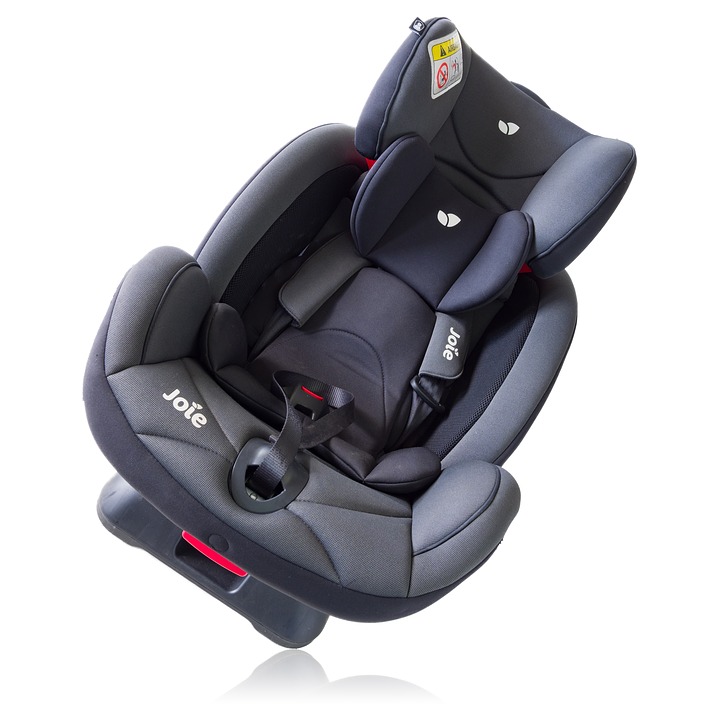

It’s a big responsibility to be a parent. The way we interact and discipline our kids will impact them for the rest of their lives. That is serious business.
What kind of parent are you? Whether we realize it or not, our life circumstances, prior experiences, and beliefs will affect how we care for our children. It is important to understand how we are parenting in case we need to make any changes, as some parenting styles are potentially damaging without any real benefits. Researchers have agreed upon four different parenting styles. Here we will define each of the four parenting styles and list the possible pros and cons it may have on your child.
Authoritarian Parenting

Parents of this style primarily value obedience and tend to stricter. They are less concerned with their child’s feelings and are more likely to punish the child rather than discuss the misbehavior. They believe it is their job to instill obedience to higher authority and to follow the rules without exception.
Authoritarians believe that children are, by nature strong-willed and self-indulgent. They believe that to care for the child, they need to break the will of the child and do not negotiate or listen to their child’s opinion about the rules. They may say things like, “Because I said so,” when a child questions the reasons behind a rule. These parents use punishments instead of discipline. Authoritarians are strict and consistent but do so out of love.
Pros: Children learn to follow the rules and be respectful to positions of authority.
Cons: Children are at a higher risk of developing low self-esteem and do not feel like their opinions are important. They may become hostile or aggressive, even towards their parent. They may end up breaking the rules and lying about the situation to avoid punishment. They also tend to become depressed. These children are more likely to become substance abusers, have poor social skills, and can do poorly in school.
Authoritative Parenting

While the name looks similar, the parenting is not. These parents are also strict, consistent, and loving, but they consider the child’s feelings. Children are still expected to follow the rules and will be given consequences if they do not, but the consequences are different from punishments. Parents focus on creating a positive relationship with the child and will explain the reasoning behind certain rules. They adjust to the needs of the child and will listen to their children, although they may not change their minds.
Authoritative parents teach their children that they have a responsibility to follow the rules, but they do so in a more respectful manner that guides their children. They validate their child’s feelings but also show that they as parents are still in charge. They are supportive, have high expectations, and value independence. Parents will praise their children and may use reward systems to guide their children into making the right choices.
Pros: Children are well-behaved, high achieving, have good self-esteem, feel loved and heard, and understand the logical reasoning behind the rules. They become responsible adults who are comfortable in expressing their opinions. They are happy, successful, and can make their own decisions.
Cons: Parents may not want to explain the reason behind every rule and children may think they can persuade their parents away from following a certain rule or a consequence.
Permissive Parenting (Also known as Indulgent Parenting)

These parents go by the phrase, “kids will be kids.” They believe children will learn best from little inference and rarely give out consequences. They are lenient, forgiving, and only step in if there is a serious problem. Permissive parents may set rules, but for whatever reason, may not really enforce them. They do not always stick to the consequences and might reverse their decision if the child begs or promises to be good.
Permissive parents act more like friends to the child and rarely discourage poor choices. Sometimes this parenting style is used because the parents are afraid to upset their child or in hopes of being the opposite of the authoritarian style.
Pros: Parents seem nurturing and loving.
Cons: There could be more tantrums because the child has learned he/she can get what is desired if he/she begs and cries. Children are more likely to struggle academically, may have more behavioral problems, do not respect authority or rules, often have low self-esteem, and have reported a lot of sadness. They are at a higher risk for health issues including obesity and cavities because parents have not enforced good habits. They grow up with little self-discipline or self-control and are egocentric.
Uninvolved Parenting (Also known as Neglectful Parenting)

This style of parenting can be very damaging to the child. There tend to be fewer rules, but there is also less communication altogether. These parents expect children to raise themselves and do not meet their child’s basic needs. Unfortunately, this parenting style can be unintentional if the parents have an illness or are overwhelmed with balancing work and parenting. However, this does seem to happen with parents who simply are busy with their own affairs.
Here are some signs you may be a neglectful parent:
- You do not know what is going on in your child’s life. You do not know who your child’s friends or teachers are. You do not ask your child about school or homework.
- You do not know where your child is, or you spend long periods of time away from home.
- You do not spend time with your child and are not involved in your child’s life outside the home.
- You make excuses for why you are not with your child.
- You do not allow the home to be a place where your child can share their experiences with you. You do not give any positive feedback to them.
If this describes you or someone you know, it is extremely important to get help from a family doctor, therapist, or counselor. They will need professional parenting advice to guide them. This parenting is damaging to the child and parents need guidance to provide a nurturing, caring environment for the child to grow up in.
Cons: Children do not have trust, they could have trouble forming relationships with others, they have poor academics, experience behavior problems, and are more likely to go through substance abuse, delinquency, or suicides.
Now What?
Researchers agree that authoritative parenting is the most beneficial parenting style for children because of the positive outcomes. No parent is perfect, and we will all make mistakes in our parenting. Sometimes we find ourselves in more than one style, but there is always one that is more prevalent than the rest.
It is also important to note that there could be cultural or ethnic differences that influence your parenting style. And no child is the same, so we cannot assume that every child needs the same parenting approach. Still, research is clear that authoritative parenting is healthiest for the child.
If you have noticed that you have been using a different parenting style, it is not too late to change. There is always time to improve. Talk with someone to get on the right track for yourself and your family. It is worth it because your children are counting on you to raise them in a healthy environment, one in which you will set them up for success. You cannot let your child-parent themselves, as they do not understand what is best for them. They need you and look up to you. I wish you the best of luck as you continue on your parenting journey!



















